Organoids represent 3D culture systems derived from stem cells, replicating the intricate cellular composition and functions of human organs. In order to reduce our animal research we recently established the Organoid Center, where we develop specialized organoid models from mice and all kinds of mouse knockout lines and iPSCs. In a close cycle we transform animal research into in vitro cultures of organoids, which we validate in their performance against the mouse model. The Organoid Center is a research platform to accelerate the protocol development for a variety of mouse organoids and personalized human organoids using stem cell technologies and CRISPR applications. Our research platform focuses also on the derivation and comprehensive characterization of organoids. Large-scale production of standardized, and less heterogenous human-derived organoids, both healthy and diseased, serves various purposes such as drug discovery and applications like organ-on-a-chip technology. Scientist from internal KIT and from other institutions are encouraged to get involved in our organoid research.
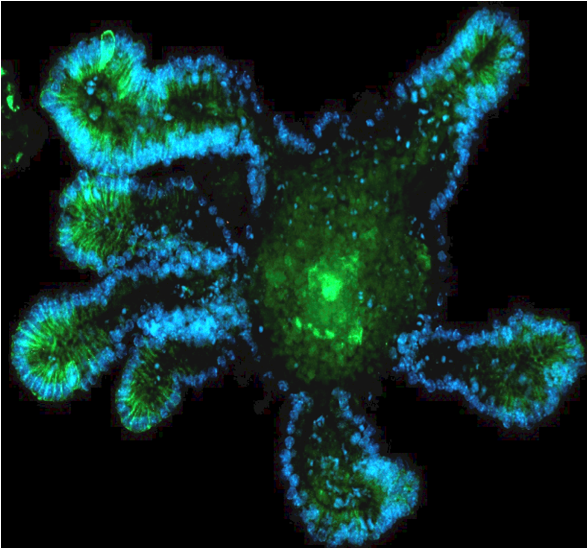
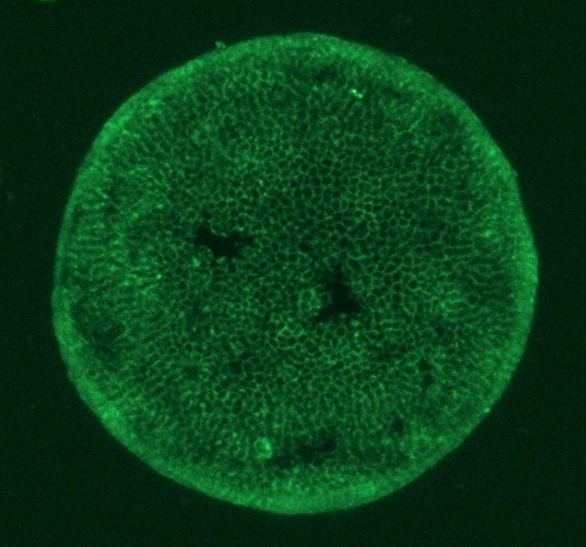
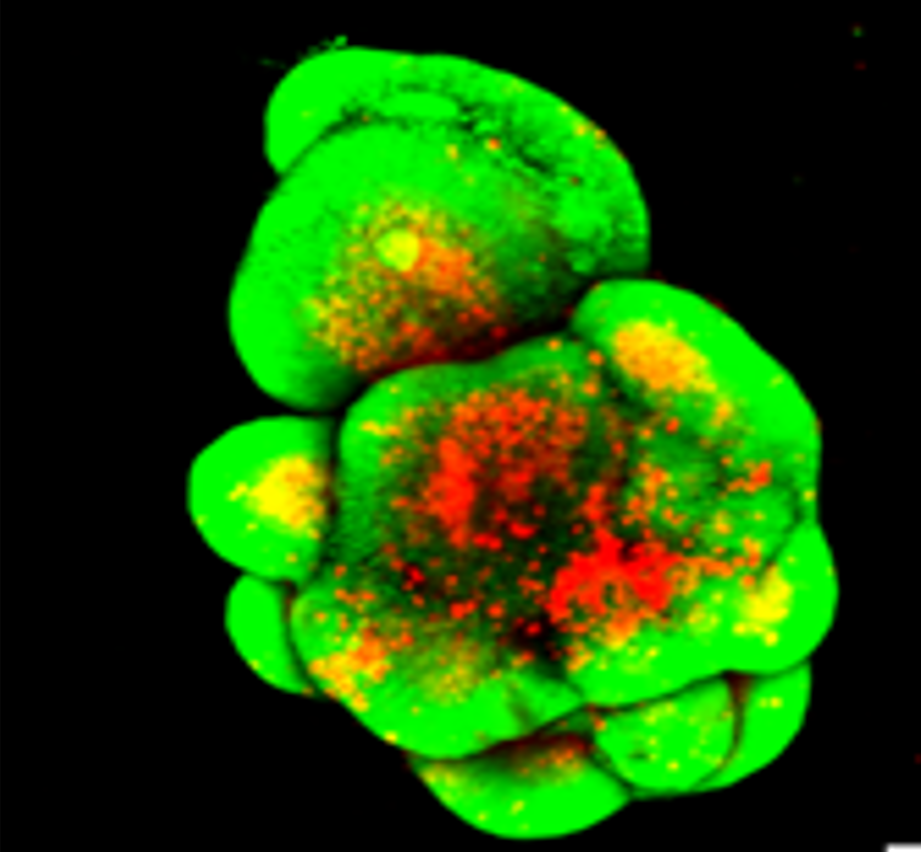
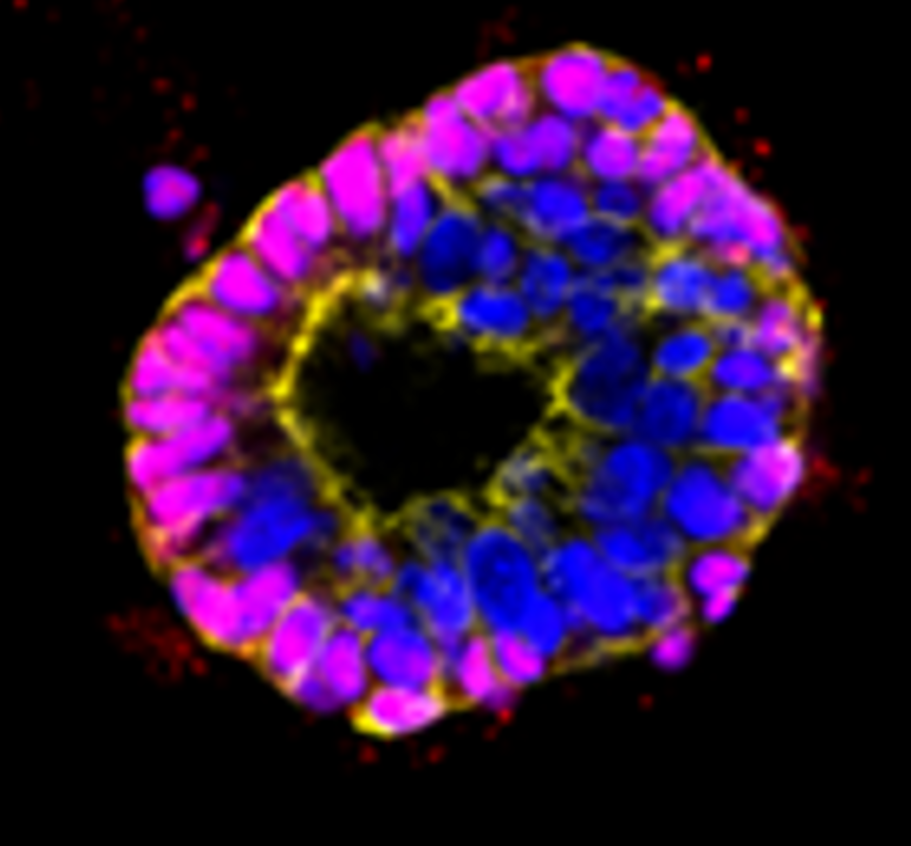
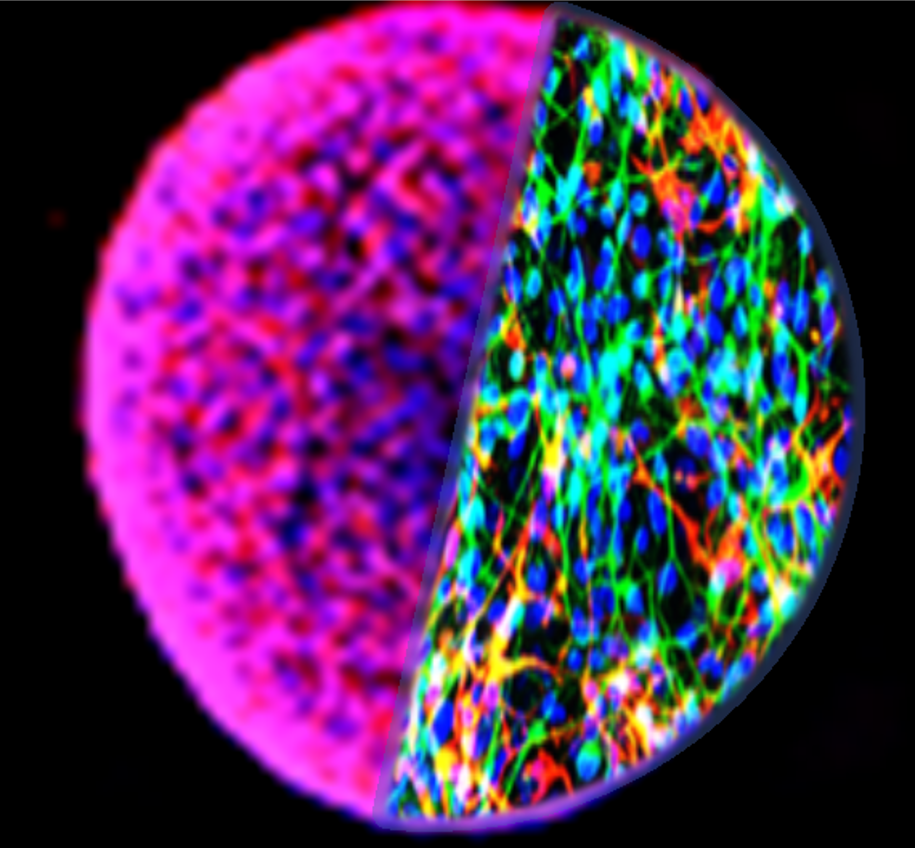
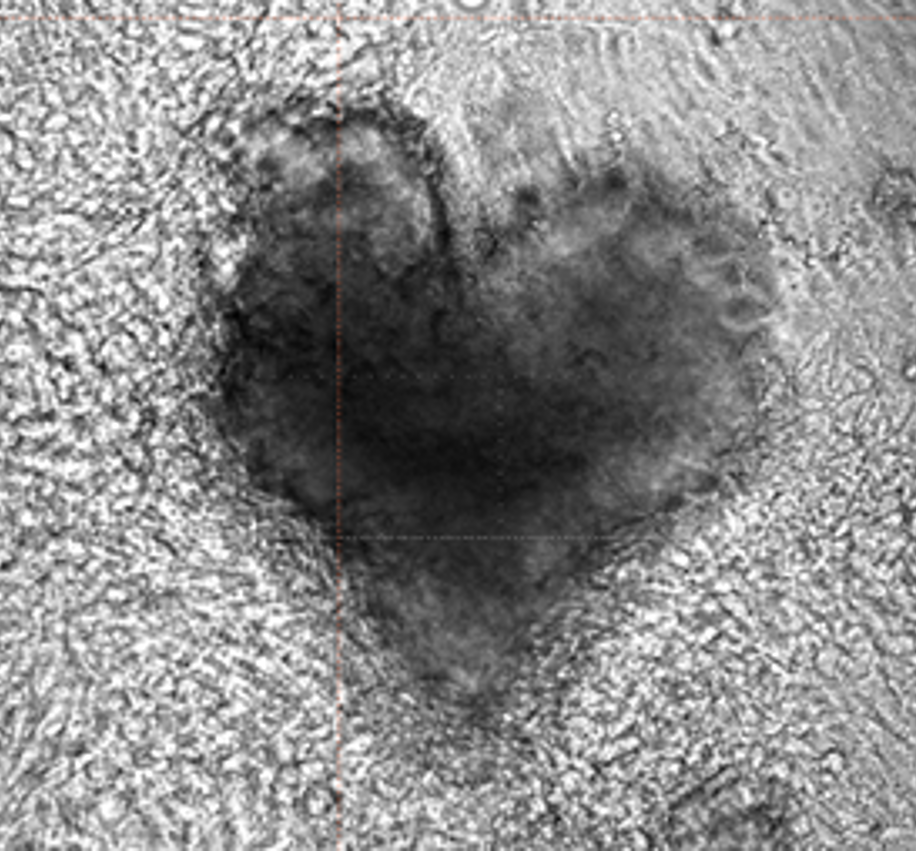
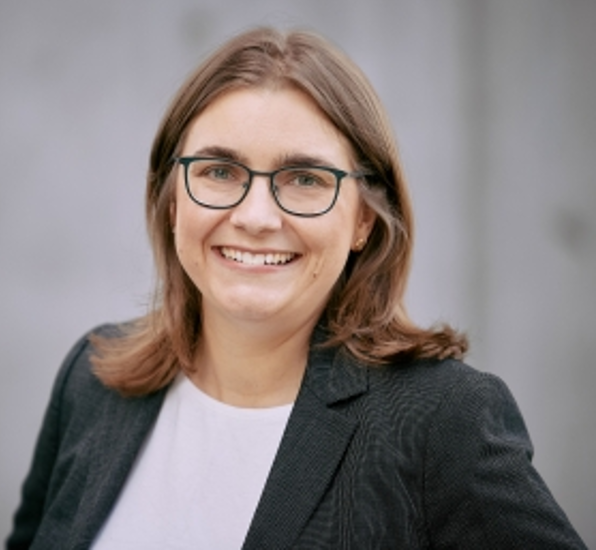
We warmly welcome Simone Mayer as the newest member of our 3ROCKIT team. Joining KIT in February 2024 as a W3 Professor for Systemic Cellular Neurobiology at the Karlsruhe Institute of Technology (KIT), Dr. Mayer brings a wealth of experience and expertise on alternative methods to replace animal experiments. Leveraging her expertise in human brain development and stem cell biology, she successfully established several human brain organoid models of neurodegenerative and neurodevelopmental disorders such as pontocerebellar hypoplasia (PCH). Her outstanding contributions were recognized with the Eva Luise Köher Research Award in 2023 and a Chan Zuckerberg Initiative Grant in 2022.

